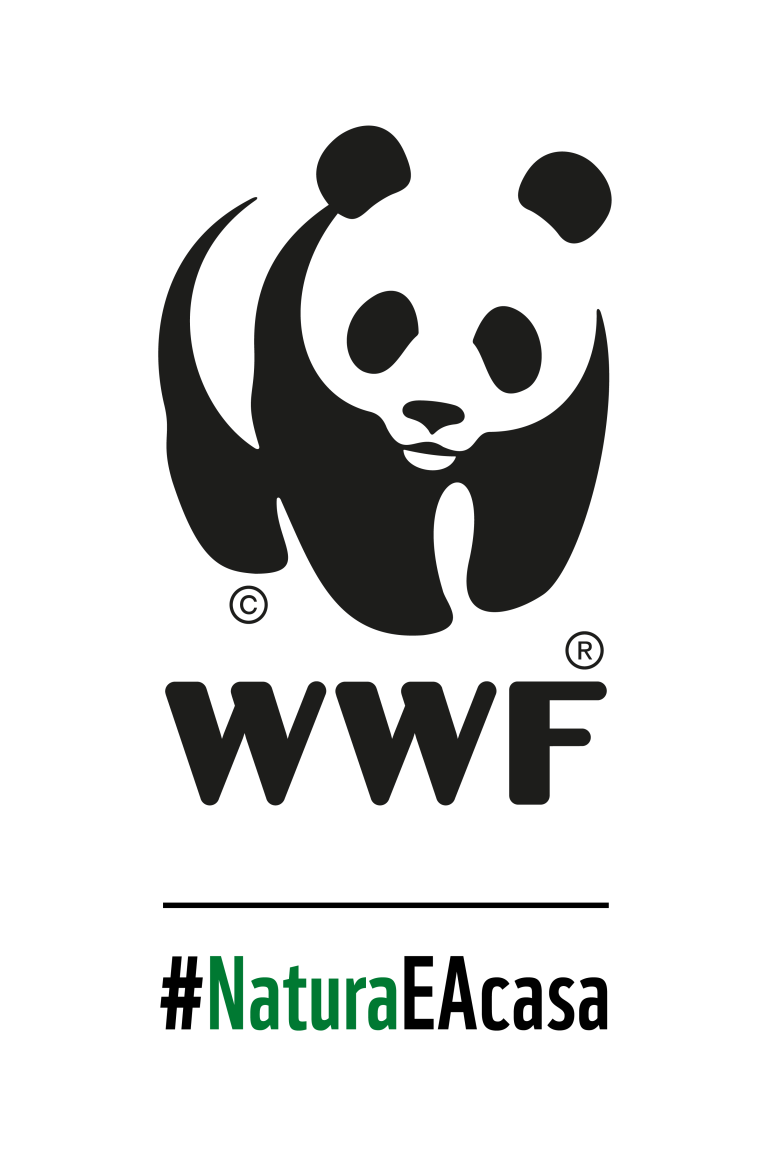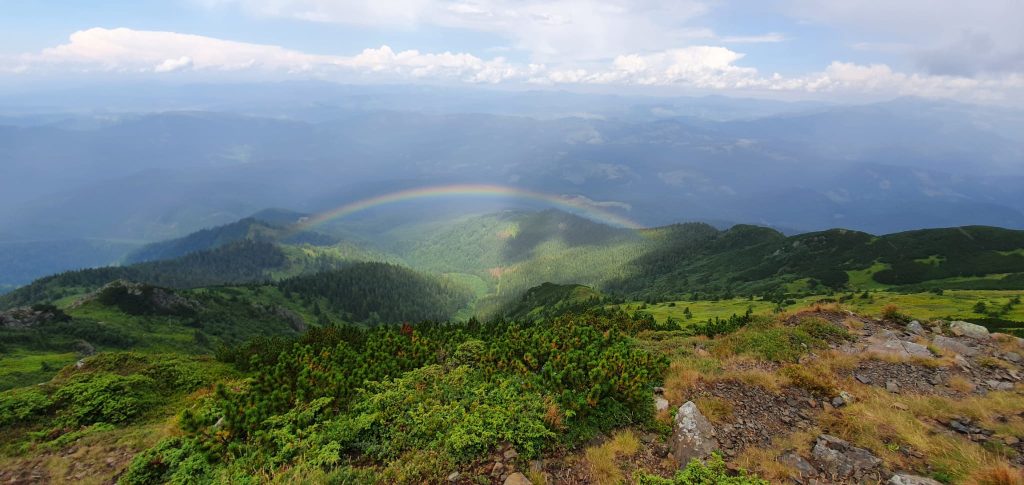WWF-Romania supports the proposals for the reform of the National Forest Administration – Romsilva and welcomes the launch of a public debate, seeing it as a key step toward greater transparency and open dialogue with the authorities.
We believe a genuine and profound reform of Romsilva is necessary. This reform should address not only improving financial performance and administrative efficiency but also depoliticizing the institution, increasing transparency, and aligning its activities with a coherent strategic vision, as outlined in the National Forest Strategy 2030 (SNP30).
The legitimate expectations of society are clear: “the forest is not just wood,” and Romsilva’s goals should not be limited to maximizing short-term profits but should aim for the sustainable management of forests.
“When we talk about performance indicators - the true mirror of forestry administration - we must look at the state of the forests and the public interest achieved, particularly regarding non-commercial, environmental or socio-economic aspects. These should take priority in managing state-owned public forests.”
Radu Vlad, Forest Program Manager, WWF-Romania
WWF-Romania’s Vision for Romsilva Reform
- Revision of the “Letter of Expectation.” This key document sets public service obligations, specific objectives, and performance indicators. We have highlighted several shortcomings:
- Public service obligations are formulated and framed without adequate justification regarding their strategic role and in line with current legislation.
- Although claiming alignment with the National Forest Strategy (SNP30), the performance indicators do not match the financial and non-financial expectations stemming from this strategy.
- The proposed annual target values for performance indicators are not fully correlated with the objectives set by forestry and environmental policy frameworks or seem irrelevant relative to the necessary level of ambition.
- The need for an integrated vision. A clear vision is needed, supported by a legislative package to ensure coherence and predictability in translating strategic objectives into practice.
- Clarification of the status of protected natural areas. Natural and National Park administrations should maintain their legal status, preserve their scientific and advisory councils, and strengthen support for adequate local stakeholder involvement in decision-making processes directly affecting their living or working environments.
- Performance indicators that better reflect Romsilva’s public service obligations, such as:
- An annual report on the state of forests, including analysis of the evolution of sustainable forest management indicators from the Forest Inventory at the level of state-owned public property;
- An IT/AI-based platform for monitoring timber transports, quickly assessing timber quantities recorded in SUMAL, and automatically flagging non-compliant situations;
- An annual intervention plan to enhance the resistance and resilience of state-owned public forests, made publicly available;
- A facilitation mechanism for forest resource access by businesses in forestry-related sectors, based on their socio-economic contribution to local community development relative to the forest resources consumed;
- An online information platform highlighting all public-interest data regarding high conservation value areas and forest areas under state ownership with special cultural, ecological, economic, religious, or spiritual significance, where local communities hold rights.
- A set of proposals for designating 10% of state-owned public forest areas as strictly protected zones, following the criteria in the identification methodology approved by the Authority.
Forests Are a Public Good
Romsilva manages approximately 3 million hectares of forests owned by the Romanian state. These forests represent a national asset, and how they are managed impacts not only biodiversity and the climate but also the lives and well-being of local communities.
WWF-Romania will continue contributing to a genuine reform of the forestry system — one that balances economic, social, and environmental interests, with transparency and accountability to the public interest regarding state-owned forests.

